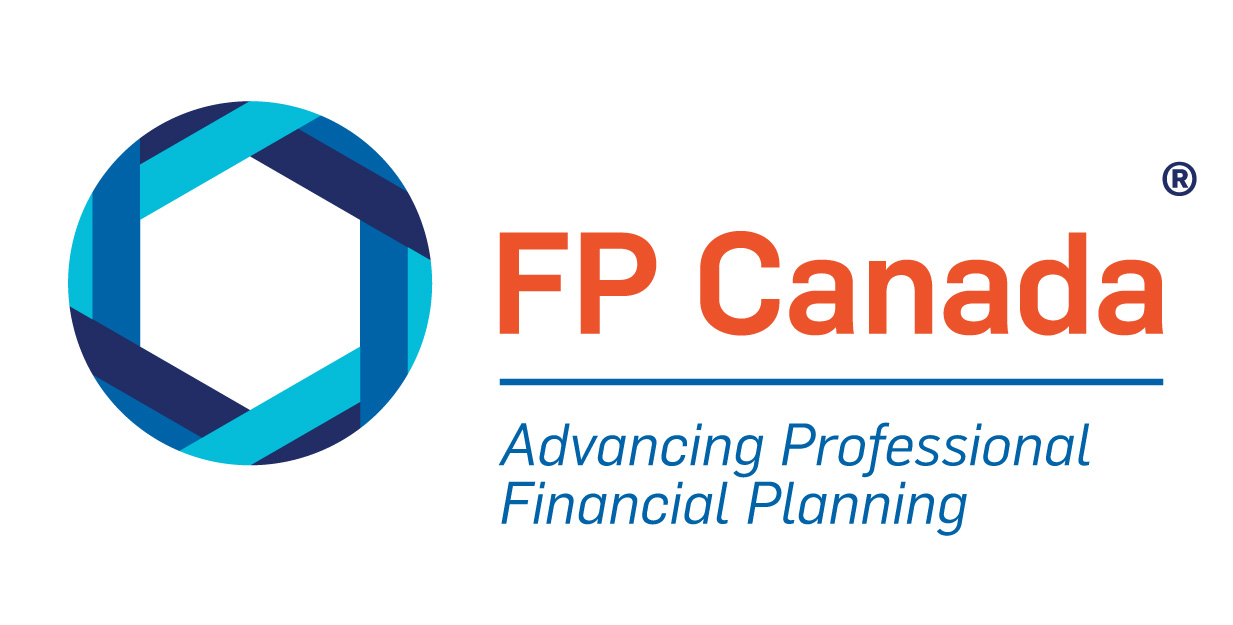The type of financial stress you experience may be impacted by the generation you belong to. But age isn’t the only factor to consider.
A Deep Dive into Financial Stress
It’s not uncommon to worry about your financial decisions and how today’s choices will impact your future financial goals. In fact, the latest FP Canada™ Financial Stress Index revealed that many people have lost sleep over their finances and struggle to save money for retirement and major purchases.
It's no surprise that finance-related stress continues to have a negative impact given that up to one-third of the country’s population is experiencing mental health challenges due to their finances. However, the survey also sheds light on how different generations are experiencing financial stress today – and what financial well-being means for them personally.
Who's Struggling with Financial Stress
The world continues to change, and members of different generations are facing new challenges as a result. The financial barriers and hardships your parents dealt with decades ago may be very different than those you’re battling now.
The Financial Stress Index found that, today, those between 18 to 34 are the most likely to be anxious about money. A total of 49% of those surveyed who belong to this group report experiencing financial stress. They’re also the most likely to have dealt with mental health challenges due to this stress, with 46% saying they’ve experienced it.
On the other end of the spectrum, just 28% of those aged 65+ are also stressed about money. Older Canadians haven’t escaped the reality of high inflation and interest rates. They say that the following have a direct impact on their financial stress:
- Inflation (65%)
- Elevated grocery prices (65%)
- Elevated gas prices (45%)
Events outside our control continue to affect our finances, and the challenges of today may be unrecognizable tomorrow.
Luckily, you don’t have to navigate them alone. The survey found that people who work with Certified Financial Planner® professionals or Qualified Associate Financial Planner™ professionals are less likely to feel stressed than those who don’t, and these professionals are here to support you on your path to financial well-being and confidence.
Achieving Financial Well-Being - Whatever That Looks Like For You.
When it comes to making the most of your money, there’s no one-size-fits-all approach. In fact, the Financial Stress Index reveals that financial well-being can look different for members of different generations.
In total, 66% of those between 18 and 34 see being free from day-to-day money worries as the biggest indicator of financial well-being. This was followed closely by being able to pay off debt (61%).
In contrast, those between 35 and 44 believe financial well-being looks like paying off debt or being debt free (68%). Meanwhile, those between 55 and 64 are most likely to equate financial well-being with retiring comfortably (72%).
The results reveal vastly different definitions of financial well-being at different stages of life. These shifting priorities make it critical to customize your approach to financial planning at every age.
Starting Your Unique Journey
Financial stress can be challenging to overcome, but doing small things can help to tackle your financial concerns in the long run. Below are some recommendations people of all ages can consider to eliminate those sleepless nights:
- Create sustainable budgets that adapt as you progress through life.
- Pay off your debt wisely by building a practical repayment plan and contribute regularly.
- Consistently set aside some of your income to build an emergency fund.
- Examine and track your spending patterns to identify how you can save on day-to-day expenses.
While thinking about finances as they relate to generations can provide some insight, it can also lead to oversimplified assumptions. It doesn’t tell the whole story. Only you know what financial well-being looks like for you. Fortunately, a CFP® professional or QAFP® professional can help you start planning for it today – and advise you as you take your next steps.
To find a CFP professional or QAFP professional who understands your unique situation, regardless of age and life circumstances, use the Find Your Planner tool.

Laura Whiteland, CFP®, CIM®, is the Owner and Principal Financial Planner at Inclusive Financial Planning in Truro, Nova Scotia.

 Find Your Financial Planner
Find Your Financial Planner



